|
|
|
Editor's note
|
|
Kia ora koutou and welcome to your latest newsletter - this week featuring articles written by New Zealand experts as well as some international coverage.
A month after the Christchurch mosque attacks, many New Zealanders are grappling with uncomfortable questions about discrimination and casual racism. University of Canterbury psychologist Kumar Yogeeswaran and colleagues report that one in three complaints received by the Human Rights Commission in New Zealand is about racial discrimination and that those who study prejudice and bigotry routinely find evidence for everyday experiences of casual
racism.
In international news, archaeologists Claire Smith and Jordan Ralph at Flinders University argue that, as lamentable as the fire that destroyed large parts of Notre Dame is, it is entirely possible to recreate the cathedral with near-accuracy, while keeping the original building’s spirit and feeling.
With the Australian federal election only a month away, you will find ongoing coverage on The Conversation’s Election 2019 page, and with a long weekend ahead, I’ve included some great reads from the archives.
Please let your friends and colleagues know that they, too, can sign up to this newsletter. Ka nui ngā mihi ki a koutou katoa.
|
Veronika Meduna
New Zealand Editor
|

|
|
Top story
|
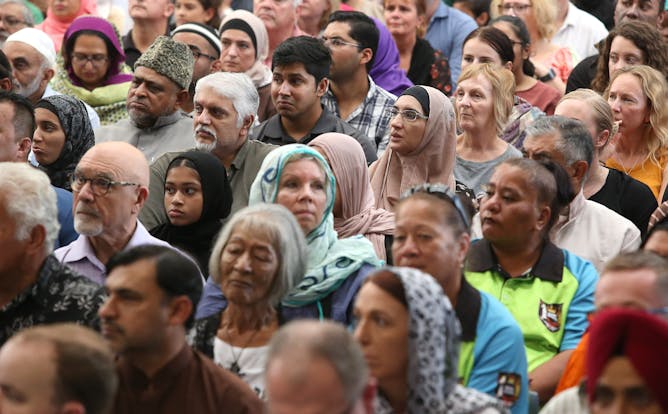
Establishing relationships with people who are different from ourselves is one of the best approaches to reducing prejudice.
(AAP/Jono Searle
Kumar Yogeeswaran; Chris G. Sibley, University of Auckland; Danny Osborne, University of Auckland; Marc Wilson, Victoria University of Wellington; Mike Grimshaw
New Zealand's response to the Christchurch terror attacks reinforced an image of an inclusive society, but we still have work to do.
|
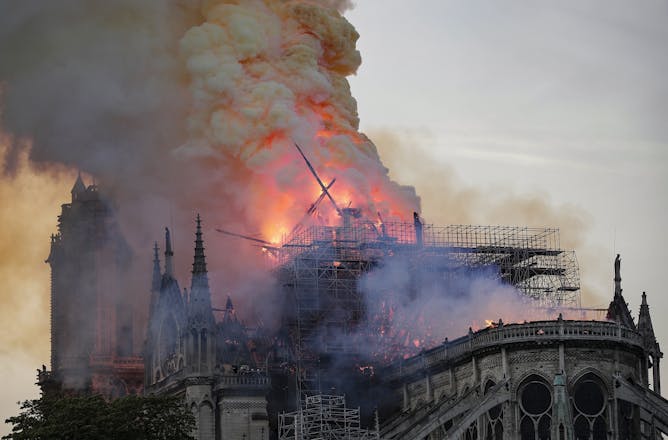
The spire collapses while flames are burning the roof of the Notre-Dame Cathedral in Paris, France.
Ian Langsdon/EPA
Claire Smith, Flinders University; Jordan Ralph, Flinders University
With modern technology, it is entirely possible for the cathedral to be recreated with near-accuracy to the original. We can do this and keep the original building's spirit and feeling.
|
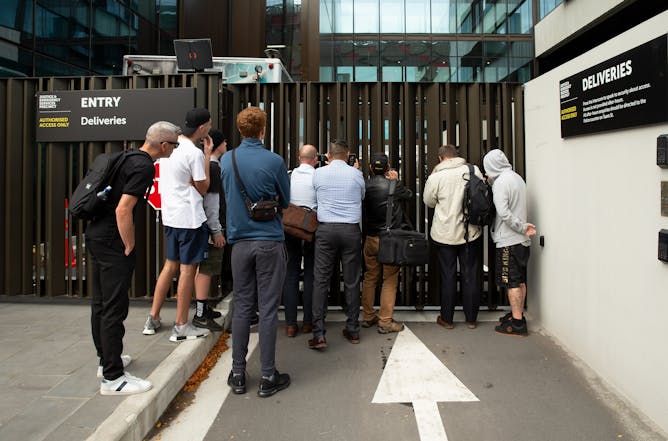
During his first court appearance on the day after the attacks, the accused was named and media were given a video with his face blurred.
AAP/Martin Hunter
Kris Gledhill, Auckland University of Technology
The alleged perpetrator of the Christchurch terror attacks faces 50 charges of murder and 39 of attempted murder. His court appearance raises several issues, including whether media should name him.
|
Australian election
|
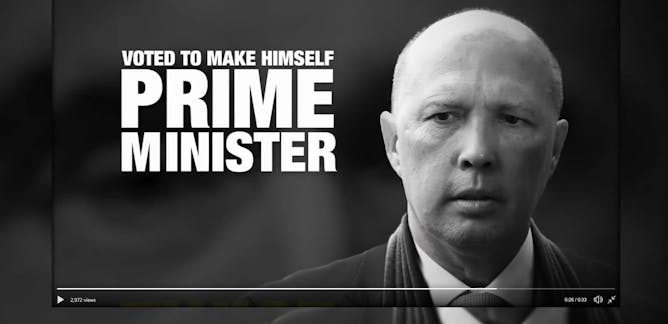
Michelle Grattan, University of Canberra
While Peter Dutton is fighting for his political life in his marginal Brisbane seat of Dickson, he is being “weaponised” by Labor in its efforts to defeat two of his strongest Victorian supporters, Greg…
| |

Andrea Carson, La Trobe University; Aaron Martin, University of Melbourne; Andrew Gibbons, University of Texas at Austin
While trust in politicians and political systems is lower than ever, new research shows the Gillard government kept most of its promises.
|

Michelle Grattan, University of Canberra
The government has set out the tax benefit people in particular occupations would get in the long term under its plan, while Labor has announced funding for pathology from its cancer package.
| |
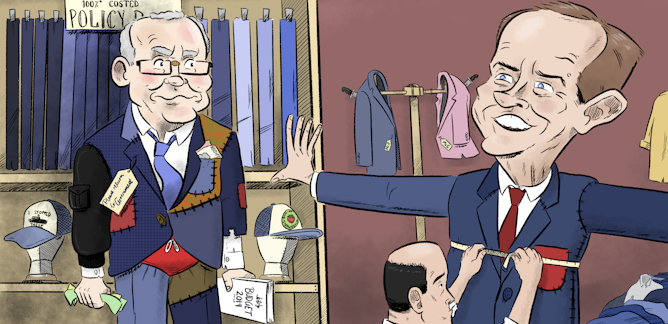
Frank Bongiorno, Australian National University
There are generally two kinds of federal election: one when the government is returned; the other when it is defeated. History tells us the former is far more common.
|
|
|
From the archives
|
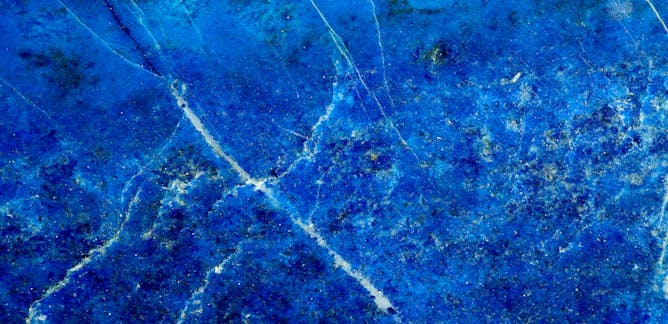
Anita Radini, University of York; Christina Warinner, Max Planck Institute for the Science of Human History; Monica Tromp, University of Otago
Male monks were not the sole producers of books throughout the Middle Ages.
| |
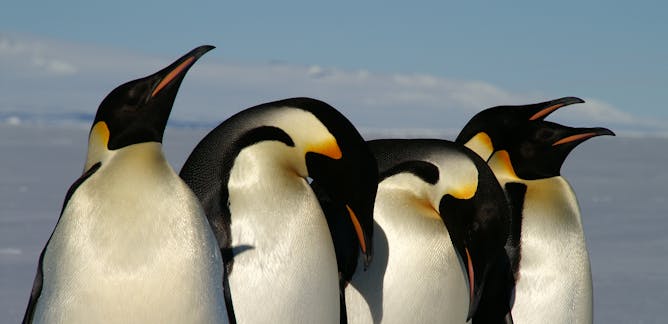
Theresa Cole, University of Otago; Jonathan Waters, University of Otago; Kieren Mitchell, University of Adelaide
Genetic information extracted from fossil bones of two extinct penguin species shows the geological emergence of islands plays a role in penguin evolution.
|
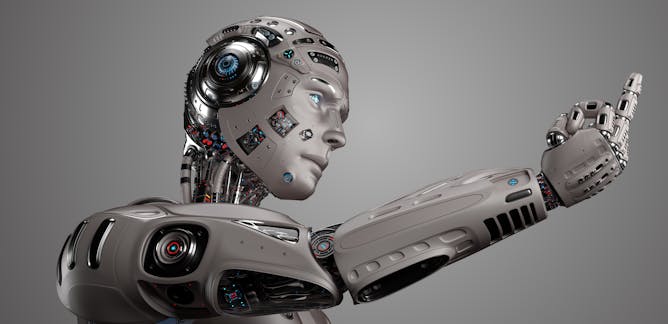
Nicholas Agar, Victoria University of Wellington
We're on the way to making machines that appear and act human, and can think for themselves. So how will they react to our behaviour towards them, especially the bad behaviour?
| |
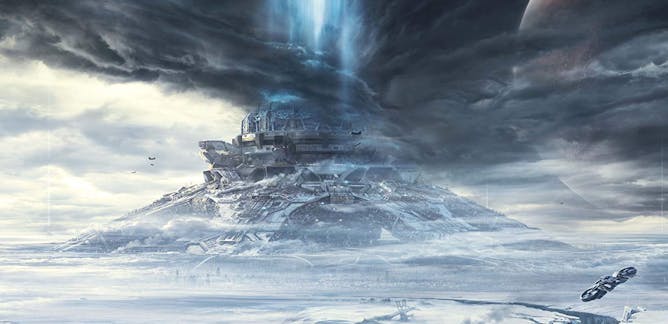
Hiu Man Chan, Cardiff University
A Chinese sci-fi epic is breaking box office records and exporting a vision of a new world order as it does so.
|
|
|
| |
| |
| |
| |
| |
| |
|
|
|
|
|
|
|